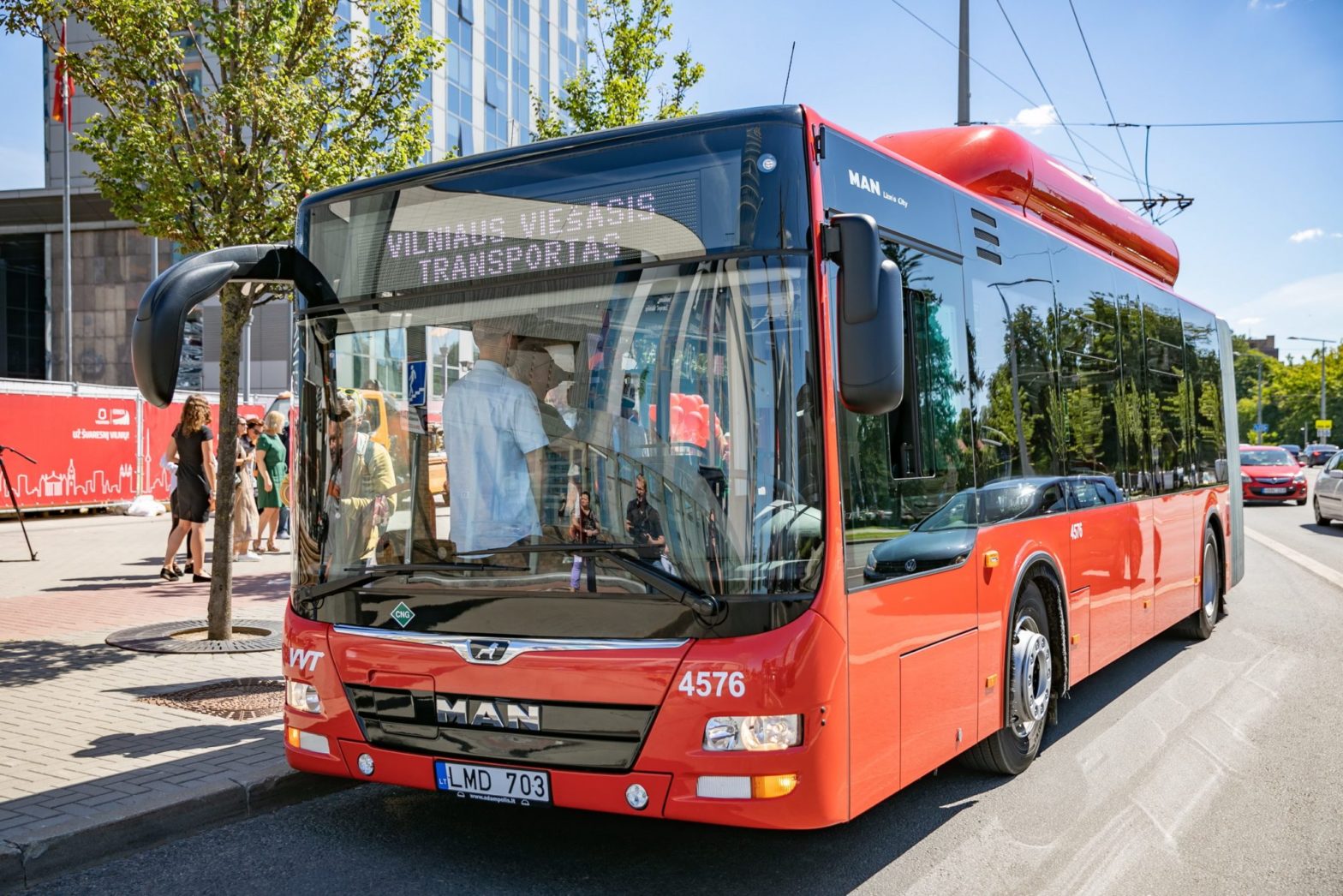
Photo: BAI Communications
Deal to deliver mobile coverage across London Underground by 2024
22 June 2021
by Sarah Wray
Transport for London (TfL) has awarded a 20-year concession to BAI Communications to enable 4G mobile coverage across the whole Tube network by the end of 2024.
In addition to removing ‘not spots’ for Tube riders and staff, the connectivity will generate additional revenue for TfL amid financial challenges.
Shashi Verma, Chief Technology Officer, TfL, said: “London Underground was born in the 19th century, and this concession to deliver mobile coverage to the whole Tube network ensures it continues to adapt for customers in the 21st century.
“Providing mobile connectivity to customers within the tunnels and on platforms across London will help them stay connected more easily and will both provide a long-term revenue stream for TfL and support economic growth across the city.”
The announcement follows a trial on the eastern half of the Jubilee line, which operators EE, Vodafone, Telefonica O2 and 3UK all took part in. The neutral host network model means that shared infrastructure will be available to all mobile network operators. The infrastructure will also be 5G-ready to support a smooth transition, BAI said.
Some of London’s busiest stations, such as Oxford Circus, Tottenham Court Road, Bank, Euston and Camden Town, are set to be connected by the end of 2022.
Fibre backbone
More than 2,000 kilometres of cabling is expected to be installed within tunnels and stations as part of the upgrade.
This will also act as a ‘fibre backbone’ to connect city-owned assets such as buildings, street lighting and bus stops and support last-mile connectivity to homes and businesses in underserved neighbourhoods.
Billy D’Arcy, CEO of BAI Communications UK, said: “Our long-term partnership with TfL will completely transform the passenger experience, as well as helping to boost London’s economy and providing social benefits for years to come.
“We will also establish a new city-wide high-capacity fibre network throughout London and leverage the power of 5G and the Internet of Things to unlock new opportunities for technological innovation.”
The network will also host the Home Office’s new Emergency Services Network, which will replace the existing Airwave system used by the Police, Fire Services and emergency response teams across Great Britain.










